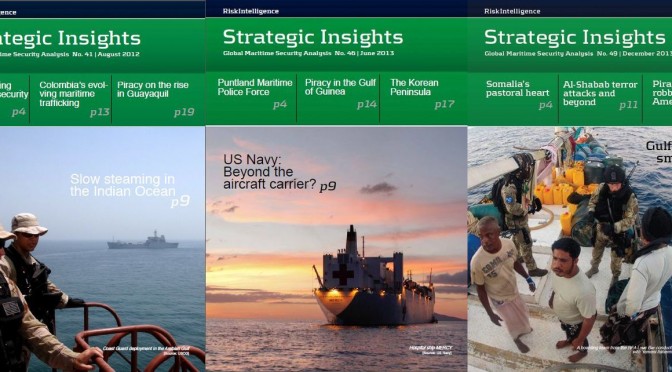CIMSEC’s Longreads – May 20th, 2014
CIMSEC’s Longreads is back! Bringing you a list of the last week’s best pieces for your Tuesday morning enjoyment.
China’s Cruise Missiles: Flying Fast Under the Public’s Radar
An extensive look into the pitfalls and promises regarding China’s increasing reliance on cruise missiles for sea and surface strike drawing on the authors’ upcoming book A Low Visibility Force Multiplier: China’s Cruise Missile Ambitions.
How the F.B.I. Cracked a Chinese Spy Ring
The New Yorker – May 16th- Yudhijit Bhattacharjee (Link)
Espionage, intrigue, and free coffee at the local hardware store. The New Yorker relays the down fall of a Chinese technical intelligence collection ring, while staying true to the details.
United States of Secrets (Part One)

The first of a two part series examining the personal clashes and ethical debates that surrounded the growth of US Intelligence Collection programs in the wake of September 11th, and their continuing legacy.
CIMSEC Member Publications
U.S., India’s Goals Diverge in New Delhi’s Near Abroad
World Politics Review – May 13th – Nilanthi Samaranayake“China’s Relations with the Smaller Countries of South Asia”
China and International Security – May 13th – Nilanthi SamaranayakeSverdlov Class Cruisers, and the Royal Navy’s Response
British Naval History – Alex Clarke – May 12thThe Great Green Sea Control Fleet
War on the Rocks – David Wise – May 12thThe Worlds Most Dangerous Pirates
USNI News – James Bridger – May 12thPutin in America’s Jurassic Park
War on the Rocks – May 8th – Matthew HippleThe Most Realistic Fish-bot You’ve Ever Seen – and What it Could Mean for Naval Warfare
Naval Drones – May 7th – Chris RawleySurge Support in Tragedy’s Wake
The Navy Reservist – Scott Cheney-Peters – May 1stThe US, Japan, to Boost ASEAN Maritime Security
The Diplomat – Scott Cheney-Peters – April 30thThe Asian Century in an April Week
War on the Rocks – Scott Cheney-Peters – April 29thINEVITABLE CONFLICT IN THE SOUTH CHINA SEA?
War on the Rocks – Claude Berube – April 21stAnatomy of a crime: Some reflections on the latest killings at Fort Hood
Best Defense – John T. Kuehn, Ph.D. – April 15thIf you have any tips, suggestions, or input for next week’s long reads, feel free to drop me a line at [email protected]



 Wargaming is an opportunity to ponder the implications of security and war plans amongst the unfolding of assumed and unexpected events. An important step in most planning processes, wargaming provides the leaders, planners, and gamers with various products and considerations, to include: the ability to evaluate strengths and weakness of ways and means; a validation of plans against a thinking adversary; potential illumination to the organizational leadership on the unique aspects, advantages and disadvantages of options, and key decisions; and an opportunity to further synchronize and refine various warfighting and interagency functions.
Wargaming is an opportunity to ponder the implications of security and war plans amongst the unfolding of assumed and unexpected events. An important step in most planning processes, wargaming provides the leaders, planners, and gamers with various products and considerations, to include: the ability to evaluate strengths and weakness of ways and means; a validation of plans against a thinking adversary; potential illumination to the organizational leadership on the unique aspects, advantages and disadvantages of options, and key decisions; and an opportunity to further synchronize and refine various warfighting and interagency functions.

